
“We won’t be like them.”
This is the promise that prompts the main narrative of In The Mood For Love, a story of two cheated-on spouses who bond over their respective partners’ infidelity, but who vow to be better, to stay faithful and not act on their growing love for one another. Considered by many to be Wong Kar Wai’s masterpiece, this is an achingly beautiful love story, with career defining performances from both Tony Leung and Maggie Cheung.
It’s a Brief Encounter for the 21st Century, (even if it’s set in the 1960s) a film so laden with longing and desire that it could feel dry or gloomy, but in Wong’s hands it feels as light as a feather. Chow Mo-wan (Leung) and Su Li-shen (Cheung) both discover their partners are having an affair, and eventually confide in one another. Over a series of meetings they play-act as their respective partners, initially in an attempt to understand how the affair started, but eventually rehearsing how to confront the partners and in the most moving scene of all, preparing to say goodbye. There’s a unique intimacy to their relationship, that takes on a depth and a closeness that is tellingly absent from the affair that pushes them together.
Of course this is helped by the palpable chemistry of the two leads – Tony Leung and Maggie Cheung have appeared together in several films (Hero, Days Of Being Wild, Ashes Of Time ) but this is their most affecting collaboration. Cheung especially is just about the most elegant actress this side of Audrey Hepburn. She’s effortlessly graceful, and manages to convey so much emotion with the most subtle, minute changes in her facial expressions.
Leung is a much more expressive actor, with big, sorrowful eyes – he once cited Alain Delon as his primary inspiration as an actor, and this is perhaps the best illustration of this on film. He’s immaculately turned out,with pristine hair, and makes smoking a cigarette look ridiculously cool. For anyone who just knows him as the antagonist in Shang Chi And The Legend Of The Ten Rings this is the perfect introduction to his work as one of the most versatile and recognizable stars of Hong Kong cinema.

Wong never spells things out explicitly for his audience. As Tony Rayns puts it, the film is “intricately structured but resolutely unconventional in its film grammar and framing and editing choices.” The initial affair is revealed subtly, with off-screen voices and a veiled conversation about a specific kind of tie that her husband is wearing, and a bag that his wife has bought.
It’s an enigmatic, poignant depiction of heartache and longing, and ambiguous enough that depending on your reading of the film, the central couple may or may not have consummated their doomed romance. Up until the last minute Wong had a scene of the couple spending the night together but wisely removed it – as such it’s left to the viewer’s discretion, and the film’s cryptic ending ultimately raises more questions than it answers.
The pair’s other halves are never shown fully, creating an extra level of detachment between us and these characters. From just hearing their voices, they seem callous and harsh. There are several moments where we are wrong-footed into thinking that the leads are speaking to their partners, only for it to be revealed that they are role-playing. This isn’t presented as a twist exactly, but it’s an effective way to keep the audience on their toes, and ultimately these scenes show the growing affection between the two characters.

The lighting and costumes are wonderfully evocative of the era, especially Cheung’s stunning qipao dresses, and the nostalgic melancholy soundtrack sets the tone perfectly. The disparate mix includes Nat King Cole singing ballads in Spanish and the now iconic Yumeji’s Theme which serves as a kind of mournful leitmotif throughout the film.
Christopher Doyle’s cinematography is stunning, making the simple act of walking from one room to another look mesmerizing, and the film has never looked better than it does on this 4K restoration from Criterion, which has been amended to more closely resemble the director’s original vision and how it looked when originally released in cinemas.
It will surprise absolutely nobody to learn that I love this release of In The Mood For Love. Potentially the first legitimate cinematic masterpiece of the 21st century, it’s certainly Wong’s most complete film, and his most focused narrative to date. An effortlessly elegant film, with perhaps the most beautiful pairing of all time. If you haven’t seen it yet, this is the perfect way to view the film for the first time, as the director intended.
Director Approved Special Features
This version of the film is essentially the same as the one released in the lush boxset released by Criterion earlier this year. The restoration is both supervised and approved by Wong Kar Wai himself, and it’s full of extras featuring the director, including a making of documentary, an interview and film lesson, and commentary on deleted scenes. The release also includes a 2000 short film by Wong, a press conference from the 2000 Toronto International Film Festival with Maggie Cheung and Tony Leung and an interview with the ubiquitous Tony Rayns.

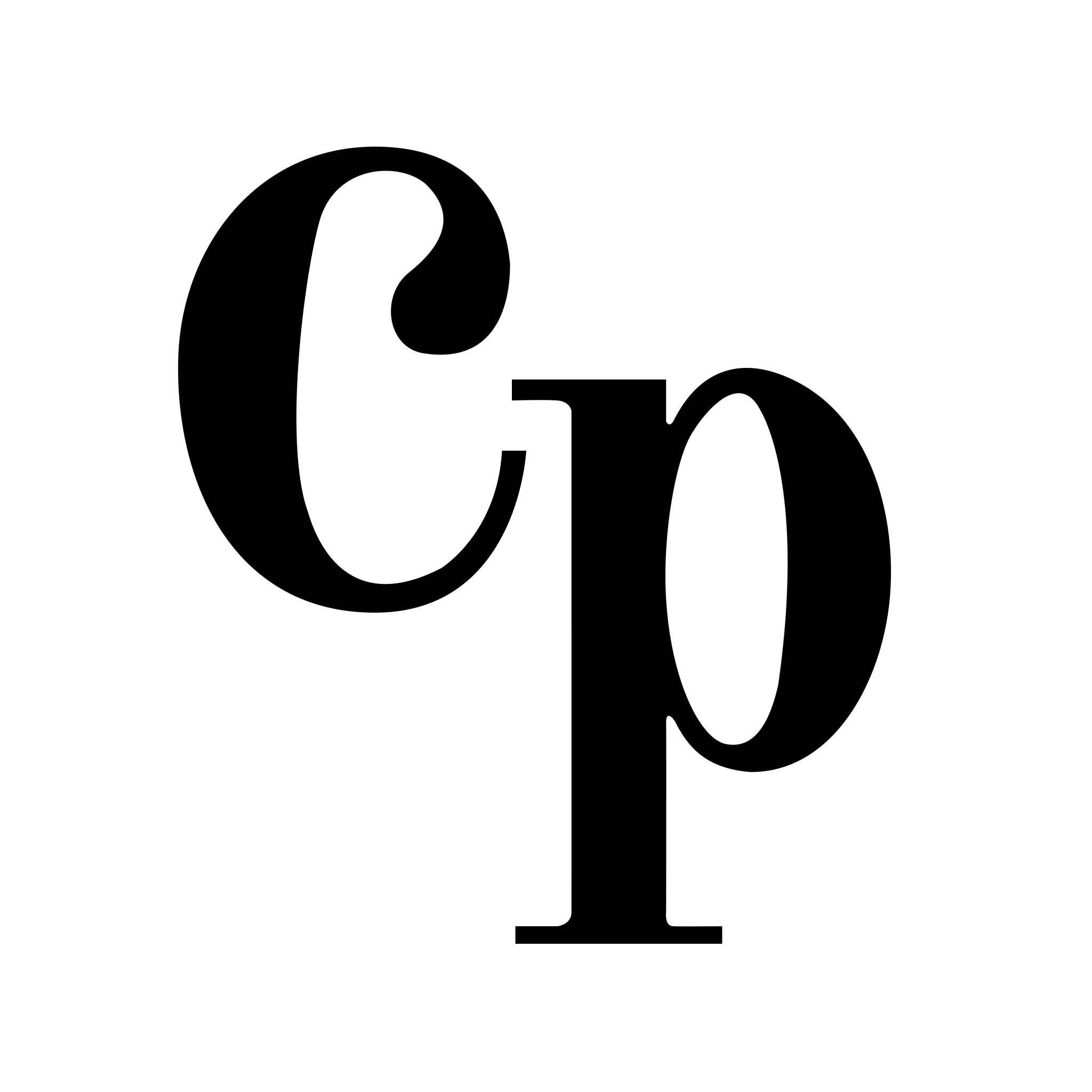

![Raging Bull 4K UHD review: Dir. Martin Scorsese [Criterion Collection]](https://criticalpopcorn.com/wp-content/uploads/2024/05/d4a8e62a-057d-4cfd-b37b-43f6a5032bb5.__cr00970600_pt0_sx970_v1___.jpg?w=970)
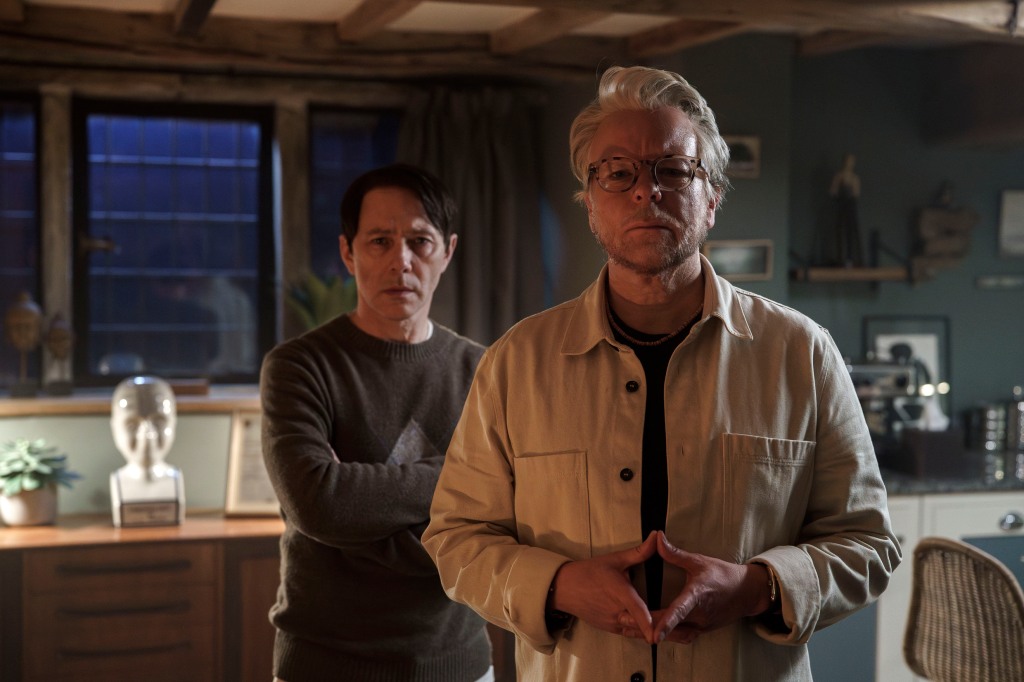

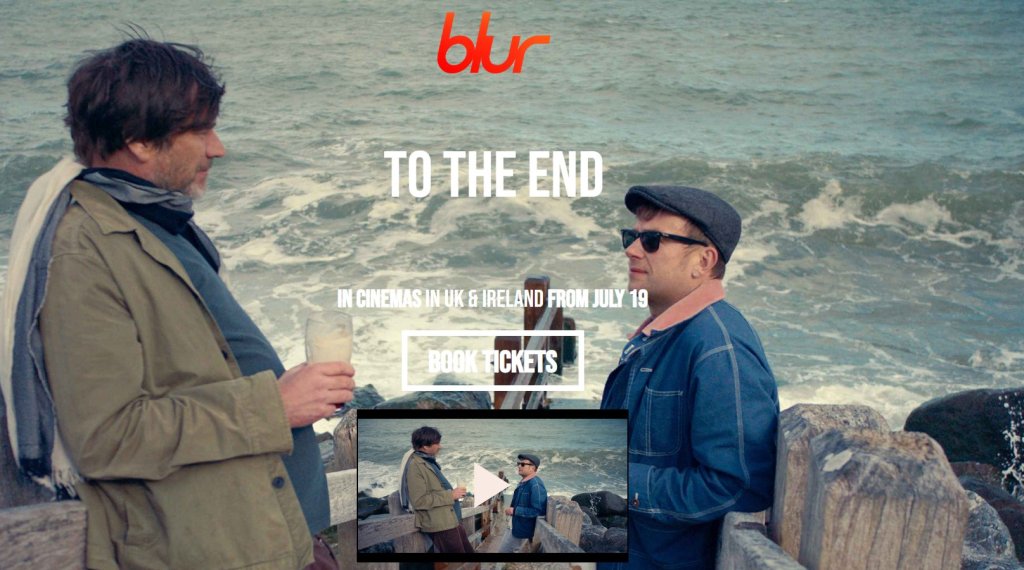

![The Cat And The Canary Blu-ray review: Dir. Paul Leni [Masters Of Cinema]](https://criticalpopcorn.com/wp-content/uploads/2024/04/image-5.png?w=1024)
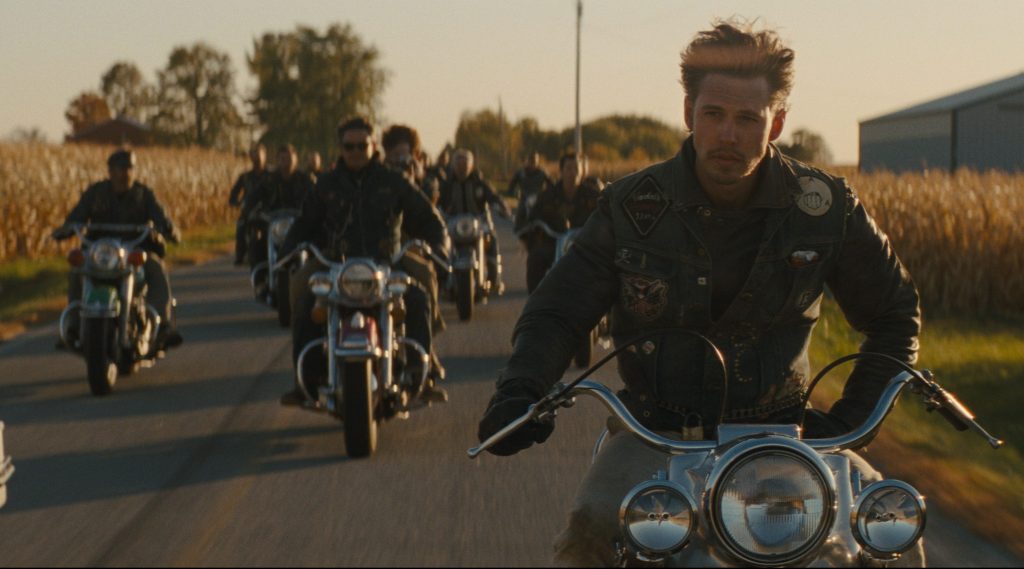
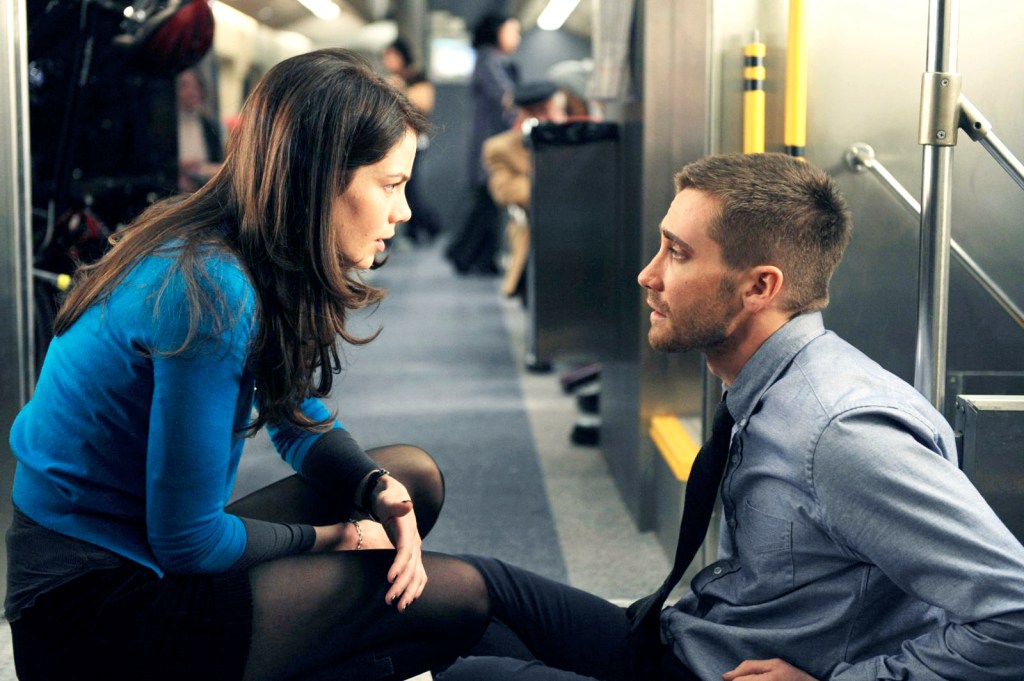


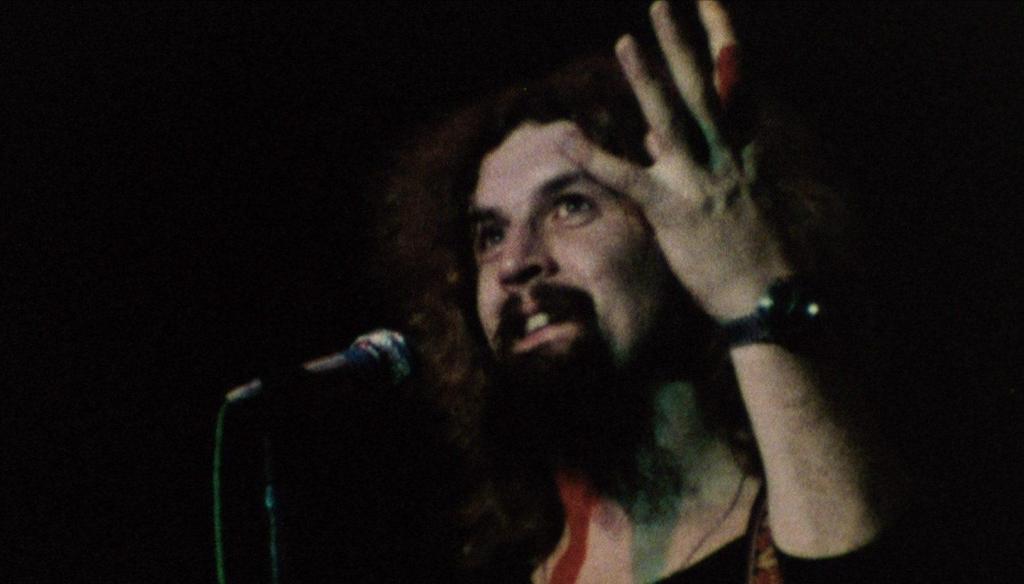
Post your thoughts